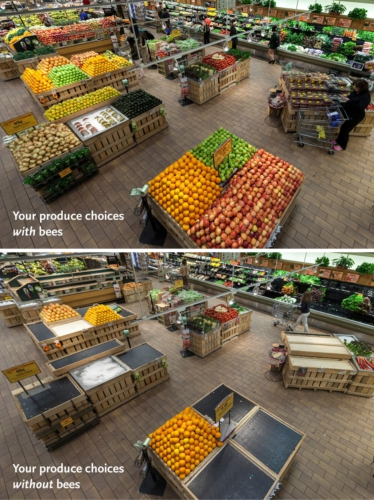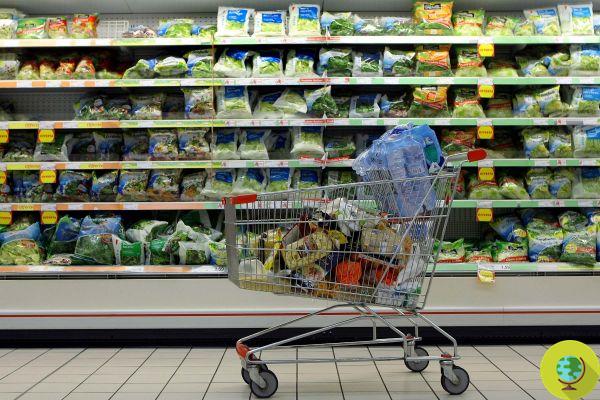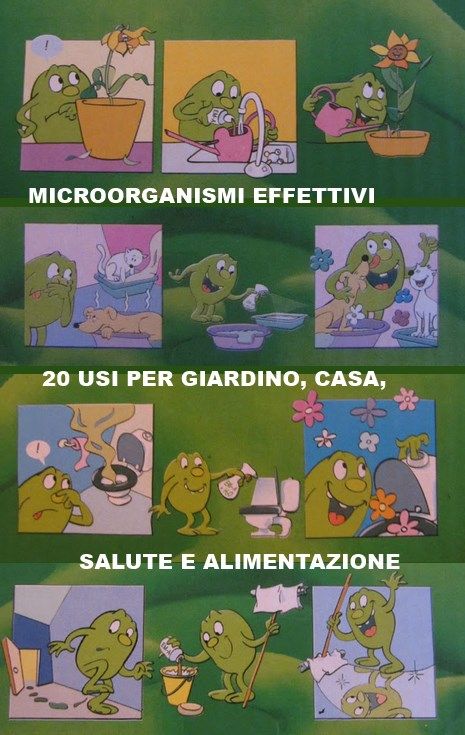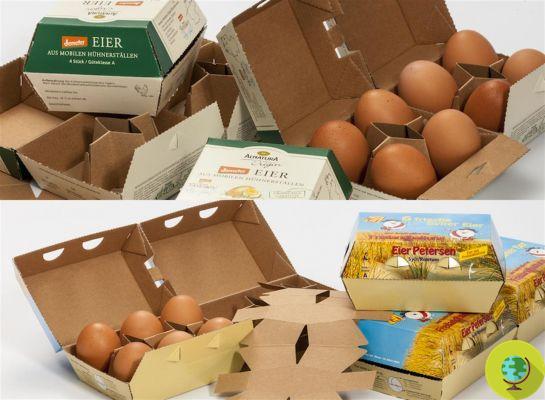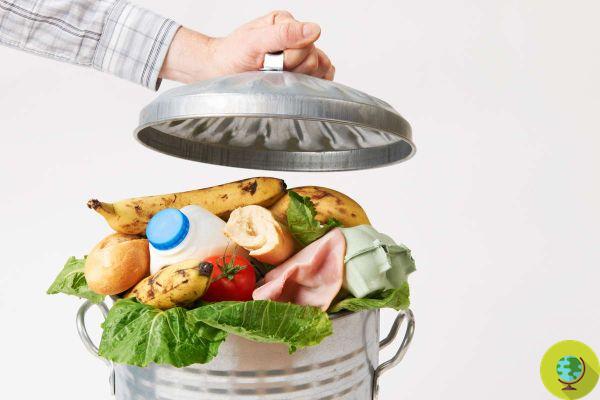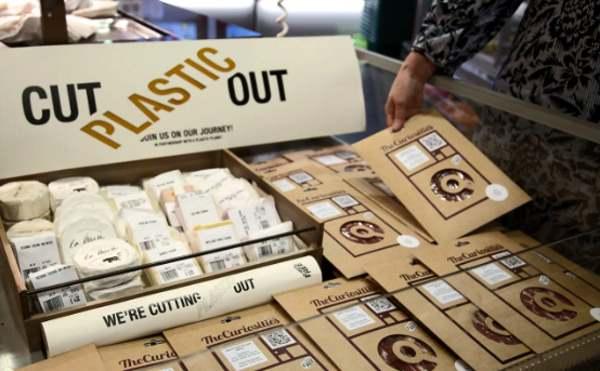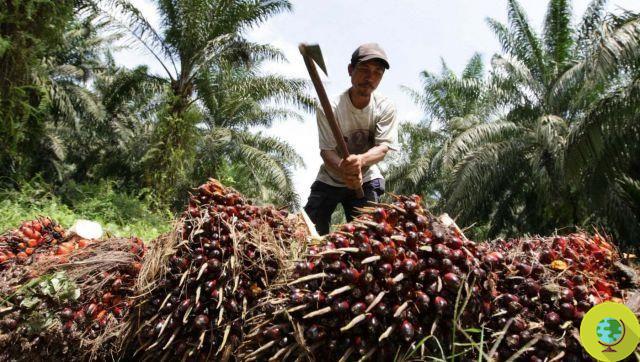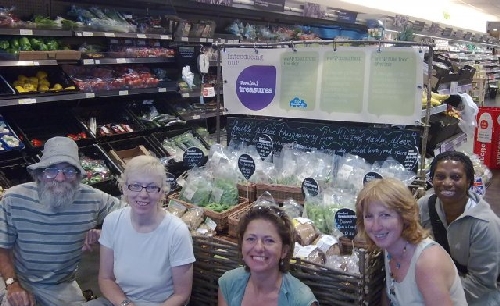Food waste. The serious problem of food waste comes back to the surface thanks to a study conducted in Great Britain, through which it is highlighted how the bad purchasing habits of the Western world and wealthy countries in general lead to an accumulation of food exceeding actual needs, with the unfortunate consequence of the occurrence of a frequent practice: throwing away food that is still edible.
Don't store avocado like this: it's dangerous
The serious problem of food waste returns to the surface thanks to a study conducted in Great Britain, through which it is highlighted as the bad production and purchasing habits of the Western world - and wealthy countries in general - leads to an accumulation of food exceeding the actual needs, with the unfortunate consequence of the occurrence of a frequent practice: throw away food that is still edible in the trash.
The British experts ofInstitution of Mechanical Engineers they took care of the compilation of a scientific dossier relating to the worldwide waste of food, entitled “Global Food, Waste Not, Want Not”. Through it it is highlighted how every year in the world 4 million tons of food are produced, half of which are not consumed, but transformed into waste and waste.
This is a staggering amount of wasted food to say the least. It could be used to address the problem of world hunger and to feed the growing world population, according to Dr. Tim Fox, among the members of the British institute that conducted the study.
He also tried to explain the motivations whereby such waste is generated worldwide. Many flaws would be present in the food production and distribution system and also the same Consumers they would not be faultless. Some of the foods are discarded and thrown away at the source, due to an ineffective conservation system and an inefficient distribution apparatus, as well as due to an excessive production of the same, from the point of view of quantity.
Le shopping habits of consumers and the sales habits within the supermarkets they would play a part that should not be underestimated. In fact, it happens frequently that the customers of a supermarket, attracted by offers on the shelves, tend to buy more food than their real needs. The surplus of food, therefore, can only be the cause of waste.
A fact that can only push us to reflect comes from Britain, Where 30% of agricultural products grown in the area are not harvested, as the imperfect aesthetic appearance of the same would not make them suitable for sale. Experts, through their research, wish to urge the governments of the world to commit themselves to the mentality of the people can be changed for the better, so that farmers, producers, distributors and consumers can act to avoid any waste.
According to a statement by the UN, in 2075 the population of our planet will reach i 9,5 million individuals. There will therefore be compared to today 2 billion more people, in need of nourishment and thirst. The water saving it should therefore start immediately, avoiding its use for the production of a food surplus that will be unnecessarily packaged and wasted. When will there be interventions that can generate a radical change?
Marta Albè
READ also:
- Sprechy zero: 5 ways to reduce waste food and save
- Food waste: for FAO they could feed the whole of Africa
- Practical tips for reducing food waste starting from the shopping ...
- Food waste: represent 2,3% of GDP. Urge "waste review"





